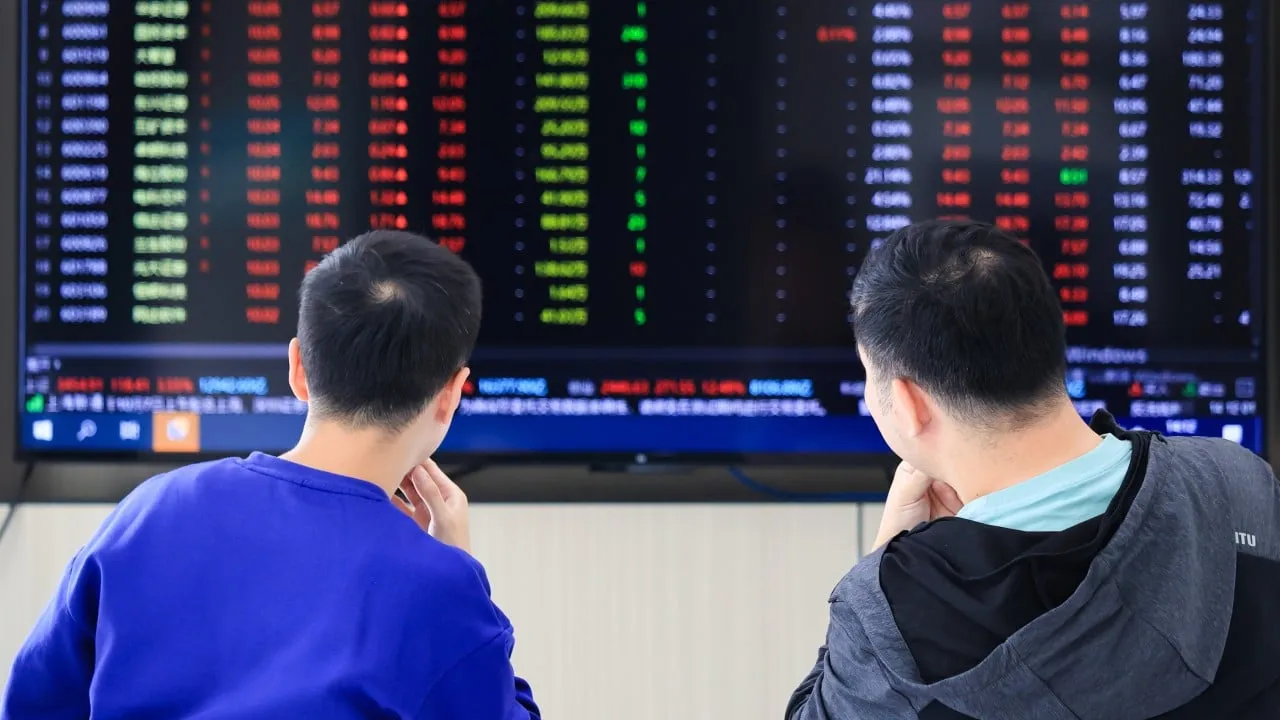China's Policymakers Behind the National Development and Reform Commission's Stimulus Package

Who Drives China's Stimulus Packages?
In the wake of economic issues, China's policymakers, led by the Central Financial and Economic Affairs Commission, are reconsidering their approach to stimulus packages. Unlike the expansive 2008 stimulus, which resulted in significant long-term challenges, recent strategies favor incremental policies. The Politburo's recent meeting signifies a shift towards prioritizing economic recovery, aiming for a growth target of around 5 percent.
The Mechanisms Behind Stimulus Decisions
The decision-making structure is complex. The State Council initiates action on stimulus implementation, with Premier Li Qiang overseeing arrangements. The National Development and Reform Commission (NDRC) is crucial as it coordinates and plans large infrastructure investments. Meanwhile, the Ministry of Finance is set to explore debt relief strategies for local governments and support for major banks.
Legislative Procedures for Stimulus Approval
The consent of top leaders is necessary for any major stimulus reveal. Related fiscal budgets require legislative approval from the National People’s Congress, which is expected to address these matters shortly. Historical patterns suggest that details may emerge following the upcoming NPC meeting.
Key Economic Considerations
Analysts, including Larry Hu from Macquarie Capital, note that the size of any stimulus package might be elusive. Politically, it may be unwise to announce overwhelming monetary injections, especially after past experiences.
This article was prepared using information from open sources in accordance with the principles of Ethical Policy. The editorial team is not responsible for absolute accuracy, as it relies on data from the sources referenced.